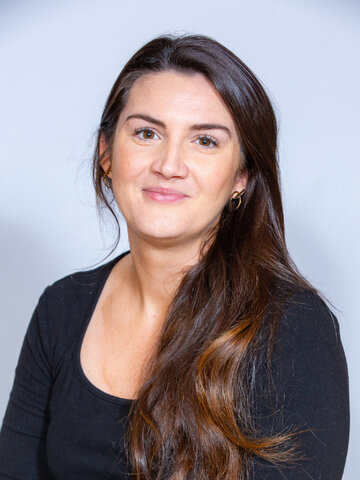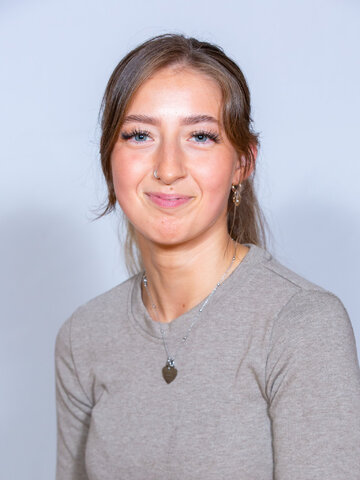Meet the Year 2 team
Meet the Year 2 team

Mr Chris Carter
Year 2 Teacher

Miss Flynn
Year 2 Class teacher (on maternity leave)
.jpg)
Mrs Hegarty
Year 2 Teaching & Welfare Assistant

Miss Craig
Year 2 Special Support Assistant & Welfare

Miss Hayes
Student Teaching Assistant
I am Miss Flynn, the Year 2 Class Teacher. Mrs Hegarty is the Year 2 Teaching Assistant and Miss Craig is the special support assistant in our class.
Please check our Year 2 news page, our photo gallery, class dojo, X (twitter) and facebook to see further information and events from Year 2.
Year 2 Curriculum Overview
Year 2 Meet the Teacher Presentation 2022-23





